After nearly four decades at the helm, Anna Wintour is stepping back from her day-to-day responsibilities as Editor-in-Chief of American Vogue. The 75-year-old fashion icon announced at an internal meeting on June 26th that she would be handing over operational control to a newly created Head of Editorial Content.
While relinquishing her role as Editor-in-Chief of Vogue US, Wintour will retain her positions as Condé Nast’s Global Chief Content Officer and Global Editorial Director of Vogue.
This transition marks a significant shift in the fashion and media landscape, sparking considerable speculation about who will fill the void and lead Vogue into the future.
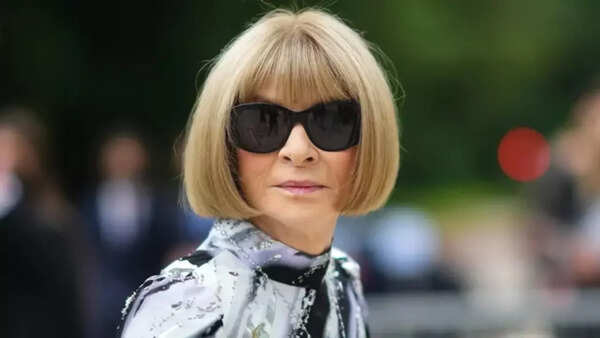
The ideal successor must possess a unique blend of cultural influence, business acumen, and digital expertise. As the industry prepares for this generational change, let's explore the qualities needed to inherit one of fashion's most coveted positions.
Selecting the new Head of Editorial Content is a complex task. What qualities will make a candidate suitable to fill Wintour’s shoes? What must the next leader demonstrate to prove they are worthy of the role?
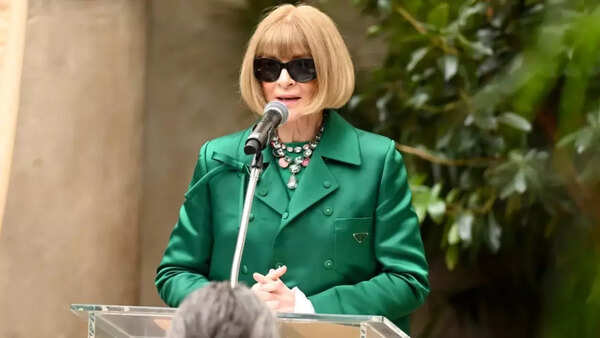
Here are the essential attributes:

The position of Vogue's Editor-in-Chief is highly sought after, naturally attracting interest from prominent figures in the industry. So, who might become the next influential leader in the vein of Miranda Priestly?
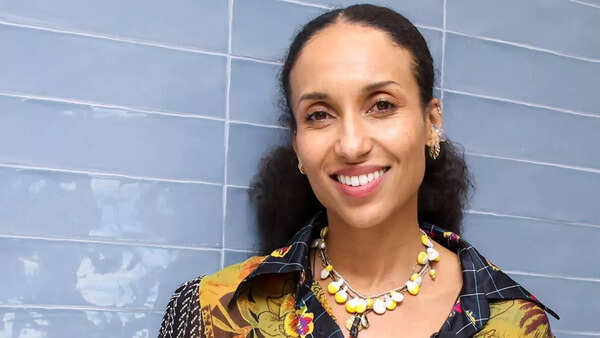
While Condé Nast has not yet announced a successor, several individuals are considered potential candidates:
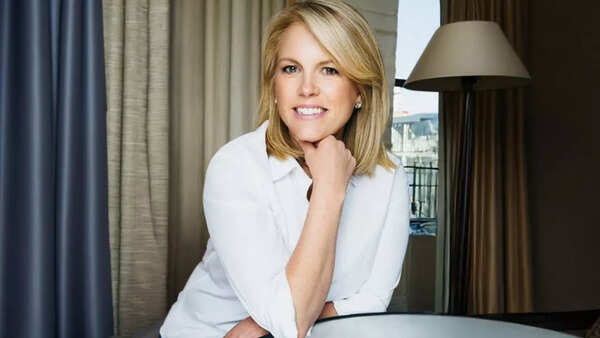
Other potential candidates include internal figures like Taylor Antrim (Deputy Editor) and Chloe Malle (Head of Vogue US web), who possess a deep understanding of the brand and represent a seamless transition.
Newer articles
Older articles
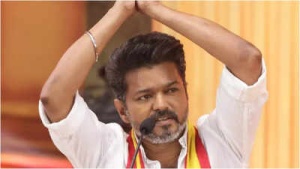 Vijay Officially Named TVK's Chief Minister Hopeful for Tamil Nadu's 2026 Election
Vijay Officially Named TVK's Chief Minister Hopeful for Tamil Nadu's 2026 Election
 RJ Mahvash Prioritizes Work Over Buzz, Addresses Link-Up Speculation
RJ Mahvash Prioritizes Work Over Buzz, Addresses Link-Up Speculation
 UNESCO's World Heritage Wonders: Unveiling 10 Iconic Sites, From Petra to the Pyramids
UNESCO's World Heritage Wonders: Unveiling 10 Iconic Sites, From Petra to the Pyramids
 JPG to PDF: A Comprehensive Guide for Graphic Designers & Professionals
JPG to PDF: A Comprehensive Guide for Graphic Designers & Professionals
 iQoo Z9 Turbo: Rumored Specs Emerge – Snapdragon 8s Gen 3, 6000mAh Battery Highlighted
iQoo Z9 Turbo: Rumored Specs Emerge – Snapdragon 8s Gen 3, 6000mAh Battery Highlighted
 Shadman Islam Defends Bangladesh Batters After Day 1 Struggles Against Sri Lanka
Shadman Islam Defends Bangladesh Batters After Day 1 Struggles Against Sri Lanka
 England's Bold Claim: Could They Have Chased Down 450 Against India?
England's Bold Claim: Could They Have Chased Down 450 Against India?
 5 Often-Missed Warning Signs of Bladder Cancer You Need to Know
5 Often-Missed Warning Signs of Bladder Cancer You Need to Know
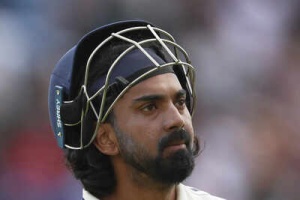 KL Rahul Puts Country First, Prioritizes England Tests Over Newborn Child
KL Rahul Puts Country First, Prioritizes England Tests Over Newborn Child
 Tick Bite Paralyzes Fitness Influencer: A Wake-Up Call for Outdoor Enthusiasts
Tick Bite Paralyzes Fitness Influencer: A Wake-Up Call for Outdoor Enthusiasts